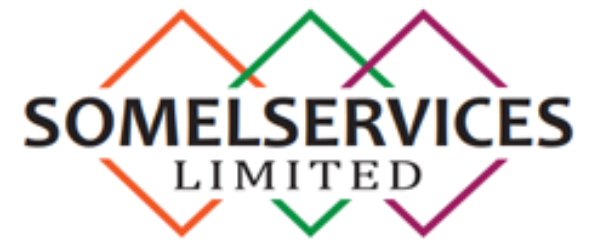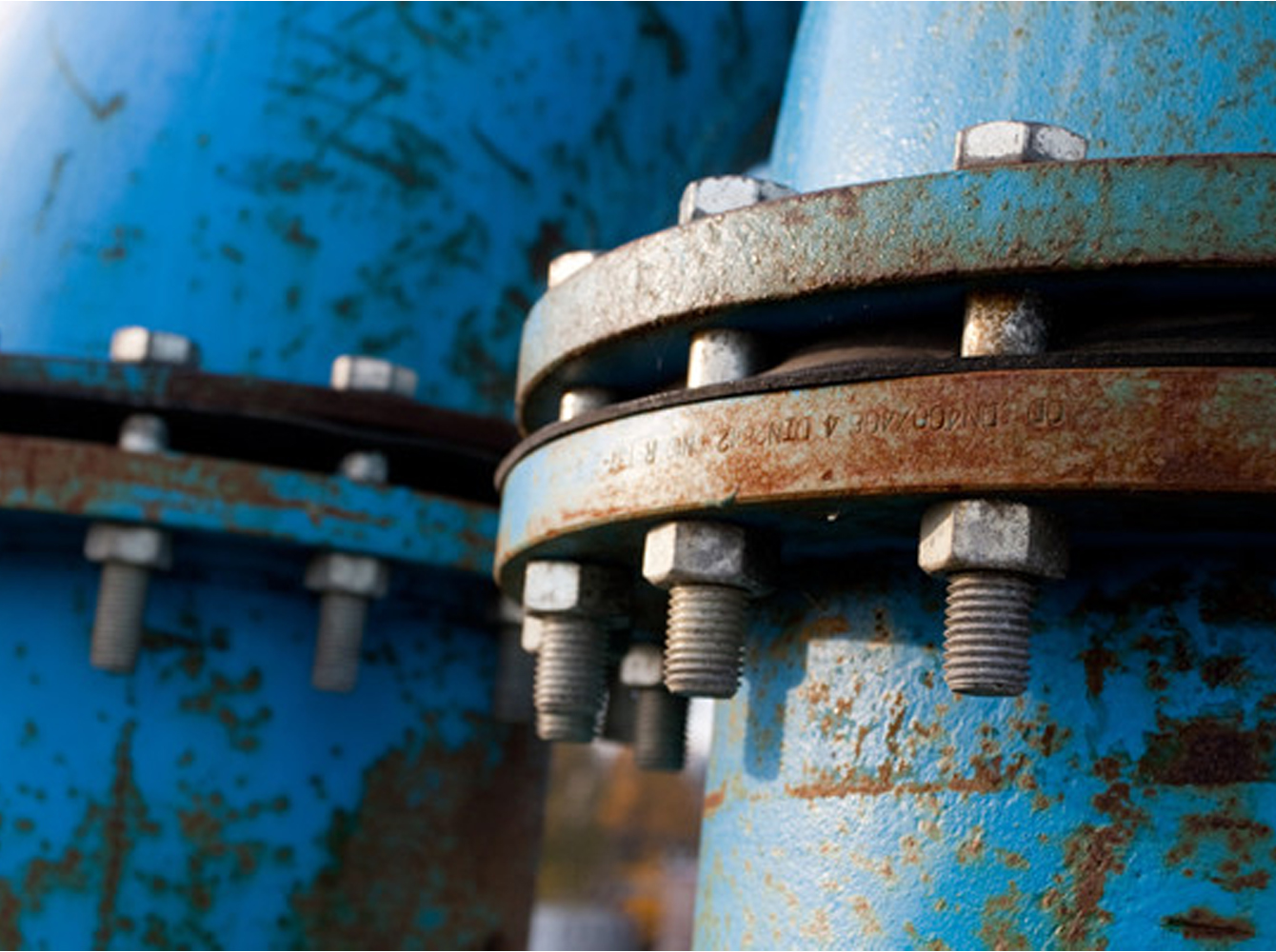**Ensuring a secure flow:** In the complex world of oil and gas production, **well integrity is paramount**. This **intensive course** equips you with the **knowledge, skills, and best practices** to **effectively manage well integrity**, guaranteeing **safe, reliable, and environmentally sound operations** from drilling to abandonment.
**Target Audience:**
* Professionals from diverse sectors involved in the well lifecycle, including:
* Drilling and production engineers, well-completion specialists, and well-integrity managers.
* Reservoir engineers, geologists, and geophysicists.
* Regulatory and compliance personnel, safety officers, and environmental specialists.
* Individuals seeking a comprehensive understanding of well integrity principles and practices.
**Course Objectives:**
* **Foundations of Well Integrity:**
* Demystify the concept of well integrity and its critical role in safe and sustainable oil and gas production.
* Analyze the wellbore components and potential failure mechanisms that can compromise well integrity.
* Explore international standards, regulations, and best practices guiding well integrity management.
* **Well Design and Construction for Integrity:**
* Understand the impact of well design and construction on long-term well integrity.
* Analyze casing and cementing design principles, materials selection, and installation procedures.
* Explore innovative well-completion technologies and their role in enhancing well integrity.
* **Monitoring and Surveillance:**
* Master various techniques for monitoring wellbore pressure, fluid levels, and wellbore conditions.
* Analyze data from downhole sensors, wellhead inspections, and production testing for early detection of potential integrity issues.
* Understand the importance of real-time data analysis and risk assessment for proactive intervention.
* **Maintenance and Intervention:**
* Develop strategies for effective well maintenance, including preventive maintenance programs and remedial repair procedures.
* Analyze different well intervention techniques for addressing integrity issues, such as workovers, well-stimulation, and coiled tubing operations.
* Explore emerging technologies and materials for improved well integrity maintenance and repair.
* **Risk Management and Incident Response:**
* Assess potential wellbore risks and develop mitigation strategies to prevent incidents.
* Understand emergency response procedures and best practices for managing well blowouts and other wellbore failures.
* Analyze case studies of major well integrity incidents and identify lessons learned for continuous improvement.
**Course Outline:**
* **Module 1: Introduction to Well Integrity:** Understanding the concept, criticality, and regulatory landscape.
* **Module 2: Wellbore Structure and Failure Mechanisms:** Analyzing components, potential failures, and risk factors.
* **Module 3: Well Design and Construction for Integrity:** Casing and cementing design, materials, and installation practices.
* **Module 4: Monitoring and Surveillance Technologies:** Sensors, data acquisition, real-time analysis, and risk assessment.
* **Module 5: Maintenance and Intervention Strategies:** Preventive maintenance, remedial repairs, and well intervention techniques.
* **Module 6: Risk Management and Incident Response:** Risk assessment, mitigation strategies, emergency response procedures, and case studies.
* **Module 7: Regulations and Best Practices:** International standards, industry guidelines, and continuous improvement initiatives.
* **Module 8: Future Trends and Innovations:** Emerging technologies, materials, and advancements in well integrity management.
* **Module 9: Developing Your Well Integrity Management Plan:** Crafting a customized plan for your specific wells and production operations.
* **Module 10: Effective Communication and Collaboration:** Building partnerships and stakeholder engagement for robust good integrity management.
**Training Methodology:**
* **Interactive lectures:** Engaging presentations with real-world case studies, industry expert insights, and multimedia visuals.
* **Group discussions and workshops:** Foster collaborative learning, problem-solving, and practical application of well-integrity principles through interactive activities and simulations.
* **Software demonstrations and data analysis exercises:** Gain hands-on experience in analyzing well-integrity data and utilizing monitoring tools.
* **Optional online community platform:** Access additional resources, connect with fellow participants and continue learning and sharing experiences beyond the course.
**Course Benefits:**
- Gain a comprehensive understanding of well integrity principles and best practices for safe and efficient oil and gas production.
- Develop the skills to implement and manage effective well-integrity systems within your organization.
- Proactively monitor and identify potential wellbore issues before they escalate into critical events, minimizing risks and protecting the environment.
- Ensure compliance with international regulations and industry standards, protecting your company from legal and financial liabilities.
- Stay ahead of the curve by exploring cutting-edge technologies and innovations in well-integrity management.


